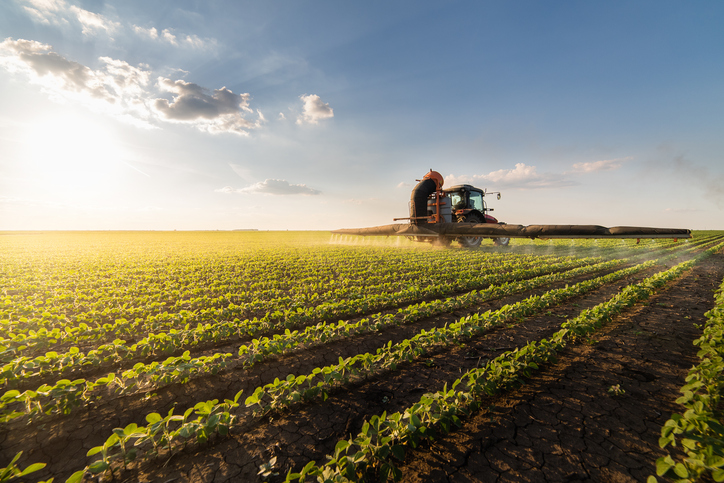On November 8, 2018, the Agriculture Law Education Initiative (ALEI) will hold its fourth annual Agricultural and Environmental Law Conference in Annapolis, Maryland. With the 2018 renewal of the Farm Bill, agriculture is at the forefront of current legal discussions and debates. The Conference is a unique opportunity to discuss and understand the current legal issues facing Maryland farmers.
The event will take place at The Crowne Plaza in Annapolis from 8:00 a.m. to 3:00 p.m. Registration for the conference includes access to all program sessions, downloadable conference materials, continental breakfast, lunch, and refreshment breaks. General registration is $50.00 and the event is free for students. To register for this year’s conference or for more information, visit http://go.umd.edu/aleiconf.
The highlight of the conference will be the dynamic and diverse group of experts contributing to the panel discussions. The morning will kick off with a discussion on the growth of Maryland’s aquaculture industry and recent legal conflicts related to leasing of submerged lands. The next panel will focus on the formulation of Phase III of the Chesapeake Bay Watershed Implementation Plan (WIP) to meet the Bay restoration goals. The agricultural sector will have specific nutrient reduction targets in the WIP and farmers need to both understand the goals and devise strategies for how agricultural best management practices can be used to meet the goals. There will also be a morning session on Chlorpyrifos and the legal landscape of pesticide regulation. To conclude the morning sessions, there will be a round-up of this year’s developing issues in agriculture and environmental law.
The afternoon will include a keynote address from Wayne Gilchrest, former U.S. Congressman for Maryland’s 1st District and current environmental educator. While in Congress, Gilchrest served on and founded several environmentally focused congressional committees. As a representative for Maryland’s Eastern Shore Wayne Gilchrest has a unique knowledge on ways to serve Maryland growers and producers while protecting the state’s environmental resources. He will share his vision on strategies to support the health and vitality of both the state’s natural resources and agricultural economy.

